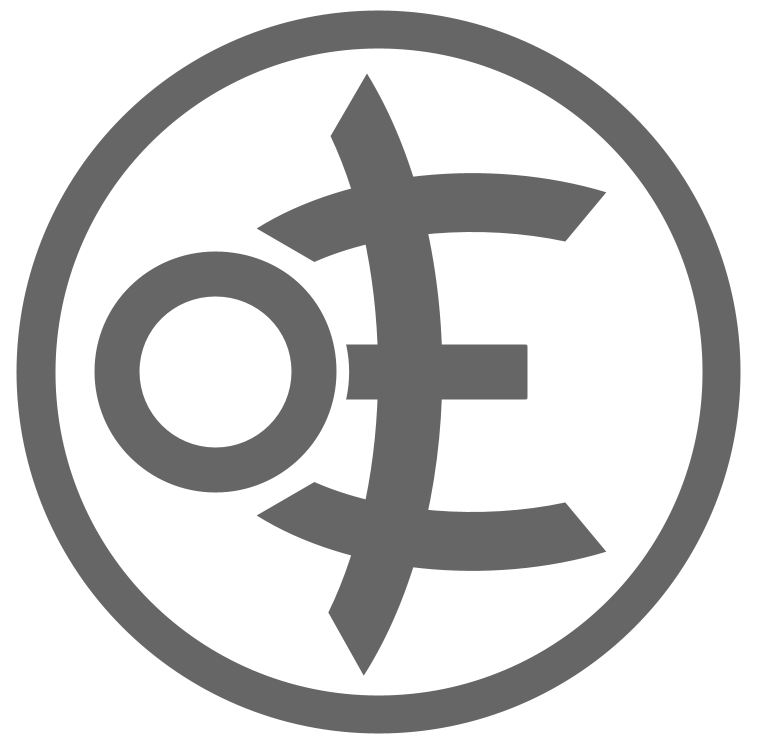

What I was trying to explain is the “direct consequences of their labor” is the compensation they’re paid for providing said labor. You, as a worker, sell your labor for a price, same as any other transaction. If you will, your “sprocket” in this situation is the labor you provide.
I get that the worker is not the only reason the sprocket exists. I understand that he uses someone’s else alloy-pouring lava-pitcher to pour molten steel into a sprocket cast someone else owns. Whoever owns those things and consented / instructed for them to be used in the above manner shares responsibility (might even be more responsible) for the creation of that sprocket. But the sprocket still doesn’t exist until the worker poured the alloy.
The fact that the worker then didn’t create a sprocket, or produce a sprocket, or cause a sprocket to exist – is an alienating step only found in certain kinds of businesses. (And those are the only kinds of businesses anti-capitalists dislike).
For example, a worker can walk into a worker co-op, pour the same kind of alloy heated in the same kind of furnace into a cast that is shaped the exact same, but the worker at this co-op (unlike the worker for the private company) has now created a sprocket.
I’m pretty sure you would agree, right? Because he co-owns the company and he had a democratic voice in the acquisition of the company’s tools? He is responsible for all of the things that caused that sprocket to be created. No other factors were more involved than the worker-owner’s contributions and decisions.
So even though the co-op worker did the exact same thing using the exact same kinds of machinery as the private company worker, would you agree that the sprocket (which only existed after he poured the alloy) was a direct consequence of the co-op worker’s actions? (Whereas it was not a direct consequence of the private employee’s actions)
Okay… I’m a bit confused… but I think you are saying the worker in the private company provides – as his main product – labor, even though he’s still directly responsible for the creation of the sprocket that he poured. And that he is rewarded for his labor, which is his primary contribution, even though he receives no direct reward for the creation of the sprocket.
Am I understanding you? Please ignore everything below this if I’m not understanding you.
On the other hand, if I am understanding you correctly, please read on: the worker in the co-op performed the same task. And unlike the private worker, the co-op worker is given a reward for more than just his labor. He’s given a vote in who the sprocket is sold to, a vote in the price set when the sprocket is sold, a vote in the exact mixture of ores going into the sprocket, and (without needing to ask for a raise, without needing to change jobs) the worker in the worker co-op gets a voice in how much he gets paid, what hours he gets scheduled, and how much vacation and sick leave he is allowed.
The worker in the worker co-op gets a voice in general. Agency.
I don’t see how those two things just seem like different flavors of “company” to you. One strips the worker of everything but his labor. The other gives him a voice.
To me, that makes them opposites.